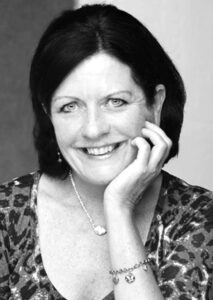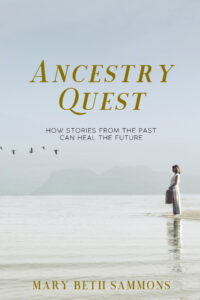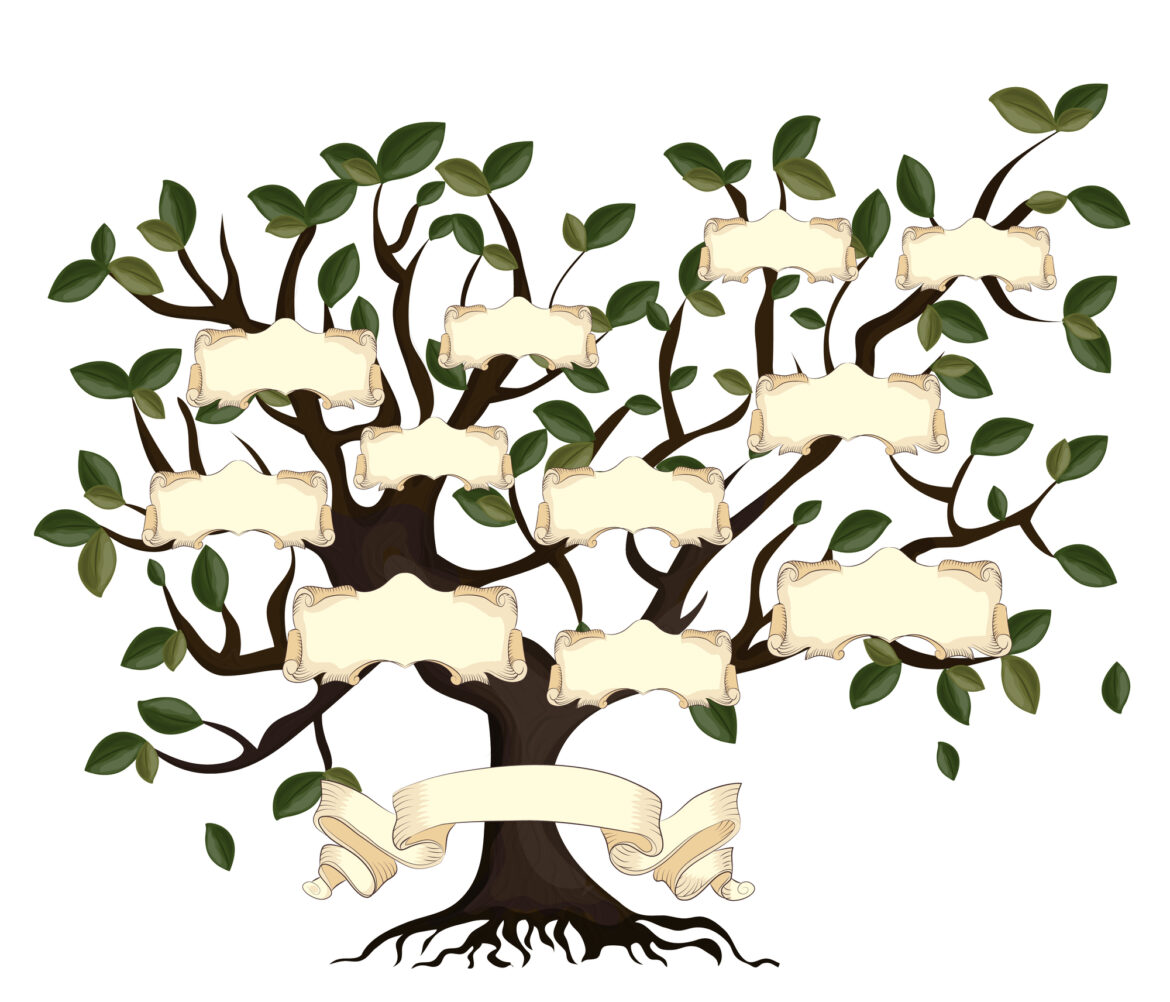DNA testing can connect us in deeper ways to the people around us.
By Mary Beth Sammons
During these tumultuous and uncertain times, we’re all looking for the courage and inspiration to keep on keeping on. Many of us are exploring our identities and looking for clues and connections to our past, present, and futures stories. These stories can touch us, move us, and make us feel a little better, often deepening our connections to the people around us. We all have a primal need for belonging, and these connections are built around our stories.
Many of us are turning to 23andMe.com, Ancestry.com, FamilySearch.org, and other websites to discover family legacy stories, hoping to find a deeper sense of identity and the answers to profound identity questions: “What makes us who we are?” “To whom am I biologically related?” “Who am I?”
But sometimes digging into the family tree unearths pieces of a bigger story than the one you might have envisioned.
The good news is that experts say knowing the truth, even if it feels harsh or hard to accept at first, can be healing. In some cases, it can give us a sense of empathy and greater connection to others when we realize we are all human; sometimes we find ourselves making decisions that have a ripple effect for generations to come. In her book Inheritance: A Memoir of Genealogy, Paternity, and Love, author Dani Shapiro says: “When we tell the secret that we feel sets us so completely apart from everyone else, we discover that it doesn’t and that to connect with others is valuable and powerful.”
Carole Hines has experienced firsthand how learning the truth can answer questions that have nagged her throughout her life. She always knew she was somehow different than her siblings, but it was not until she got the results of her DNA test that she knew why. All her life, she says, she never understood racism or prejudice. When a DNA test revealed the San Francisco resident did not share the 99% of European descent of her two siblings—that she did not have the same biological father and she was mostly Latina—she began a journey of deeper understanding into racial divides.
“I always was opposed to anything that diminishes people because of their race or ethnicity or how they live,” says Hines, 70. “Now I better understand what I instinctively knew in my pores, that I was of a different color, that I was a little bit different. Maybe I feel so strongly about racial equality because I was always fighting unconsciously for myself.”
Hines’ story underscores the experience of a growing number of DNA seekers who have received life-changing results that are forcing them to reimagine their identities. For many, this process has recast entire lives with surprises including shocking lineages, long-lost siblings, and family secrets that might have been buried for decades. It’s opened questions about heritage, ethnicity, race, culture, and privacy.
“If seekers approach the findings with an open mind, it can lead to a sense of empathy for others with different ethnicity, religion or race when we realize we are all human,” says Anita DeLongis, PhD, who is leading a study at the University of British Columbia’s Centre for Health and Coping Studies exploring the phenomenon of individuals uncovering shocking DNA discoveries.
For Mallory Guy, learning about her biological parents and their family history helped her better understand the cultural climate that forced them to make the decision to give their daughter up for adoption. Instead of dividing us, she believes DNA revelations can help unite us. Now, she says she really appreciates what her family went through, and she has taken these lessons of perseverance and put them into play in her own life.
Guy knew from an exceedingly early age that she was adopted. Her mother and father provided an incredibly loving home in Parma, Ohio, where she and her four siblings—three of them also adopted—thrived. But the little girl who loved to read always imagined what it would be like to meet her Korean parents. She had a deep longing to find out more about who they were and what their life was like in the country where she was born.
In 2013, Guy, 33, now a mom to two young children, Emmie and Jordan, decided to take a DNA test to see if she had any genetic health red flags. After six years of hunting, she got her answer on September 3, 2019, when a cousin she discovered through DNA connected her to her biological mother and father and her two siblings in Korea. “I was shocked,” she says. “I was at work when I got the call and just couldn’t believe what I was hearing.”
When she finally made that connection, the myth that she had believed, that she was simply abandoned, was replaced with a new, life-giving truth. Guy had been born with a cleft palate, and her biological parents had made the tough decision to allow her to be adopted by Americans who could afford the extensive surgeries she needed.
“I had believed all my life that I was abandoned at an orphanage at four months, but now I know that my parents did it out of love to give me a better life,” says Guy. She learned her Korean birth name was Jae Boon Lee.
In March of 2020, Guy and her American family had planned to travel from Ohio to Korea to meet her birth parents and biological brother and sister. During their three-week stay, her Korean parents had planned to cook for her, and she had already scoped out a Korean grocery store in town. But then the COVID-19 pandemic hit, and Guy says the family had to postponed the trip until it is safe to travel again.*
Since their reunion, Guy speaks to her parents (through a translator app) at the beginning and close of each day. “It’s like a fairy tale, and probably the best way an adoption story can go,” says Guy. “In many ways, it is overwhelming because I have such a loving family and mom and dad here, and now I have another family in Korea who want to be part of my life. It is like we are catching up for lost time. I feel very blessed.”
“I think the most important lesson I learned is not to make assumptions about people,” she says. “We never know what someone’s whole story is and what they are having to deal with. It’s been a life-changing lesson and experience.”
For Alexis Sánchez, discovering her Mexican, British, and Irish heritage and Native American roots bolstered her belief that we are all connected. “I’d always had this fascination with Native Americans, and for some reason identified with them, even though my dad was an immigrant from Mexico and my mom had British and Irish roots.” In the end, she says, DNA testing “is showing that we are all related, regardless of what side of the border you come from. We are all human beings who come from the same place. We should end our divides in this country and remember we are all in this together.”
*Since this was written, Guy met her parents in Korea.
Mary Beth Sammons is an award-winning journalist and author of more than a dozen books including Living Life as a Thank You: The Transformative Power of Daily Gratitude and The Grateful Life: The Secret to Happiness, and the Science of Contentment. Her latest is Ancestry Quest: How Stories From the Past Can Heal the Future. She’s a cause-related communications consultant for numerous nonprofits and healthcare organizations including Five Keys Schools and Programs, Cristo Rey Network, Rush University Medical Center and more. She’s been the Bureau Chief for Crain’s Chicago Business, a features contributor for the Chicago Tribune, Family Circle, and Irish American News, and a daily news reporter for Daily Herald and AOL News. She lives in the suburbs of Chicago.



